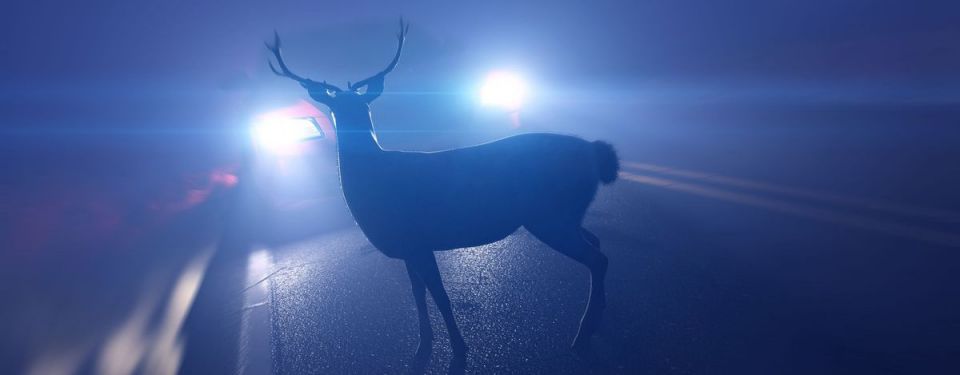
As well as causing the death of a wild animal and varying degrees of damage to the vehicle, a collision with a wild animal can result in a very serious road accident .
Generally, you should take extra care when visibility is poor (fog, rain or snow), early in the morning, late in the evening or during the hunting season.
Police advice:
- Lower your speed and drive with care.
- Take it seriously when you see road signs warning of wild animals crossing or where there are hunting areas.
- If you are passing through places where it is particularly common to see animals crossing, keep an eye on both sides of the road. Be aware that there may be more than one animal.
- Brake, sound your horn and use dipped headlights. The high beam blinds the animal and makes it more difficult for it to find an escape route. In addition, switching on the high beams blinds oncoming traffic, so that the driver risks recognising the danger from the game on the road too late or not at all. If the game remains on the road, switch on the hazard warning lights instead of the high beams.
- If a collision cannot be avoided, try to brake as hard as possible and hold the steering wheel straight.
- After a collision, take safety precautions and put on your high visibility vest. The accident site must be secured (warning lights on, warning triangle in position) and the Police must be informed if necessary.
- Do not touch, pick up or transport the injured/dead animal.
Since 1 April 2020 the Police have stopped issuing wildlife accident certificates as insurance companies and the Luxembourg Automobile Club (ACL) no longer require them.

